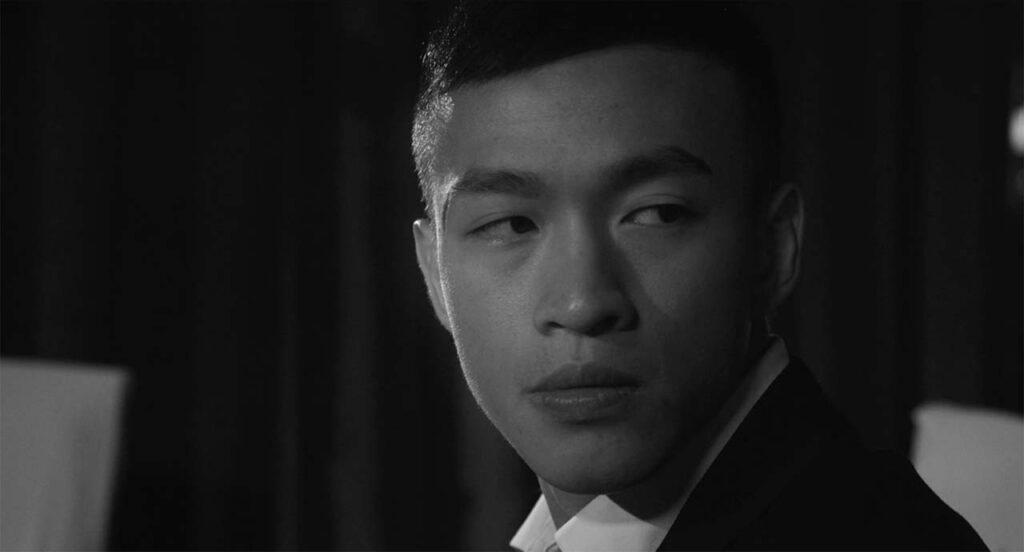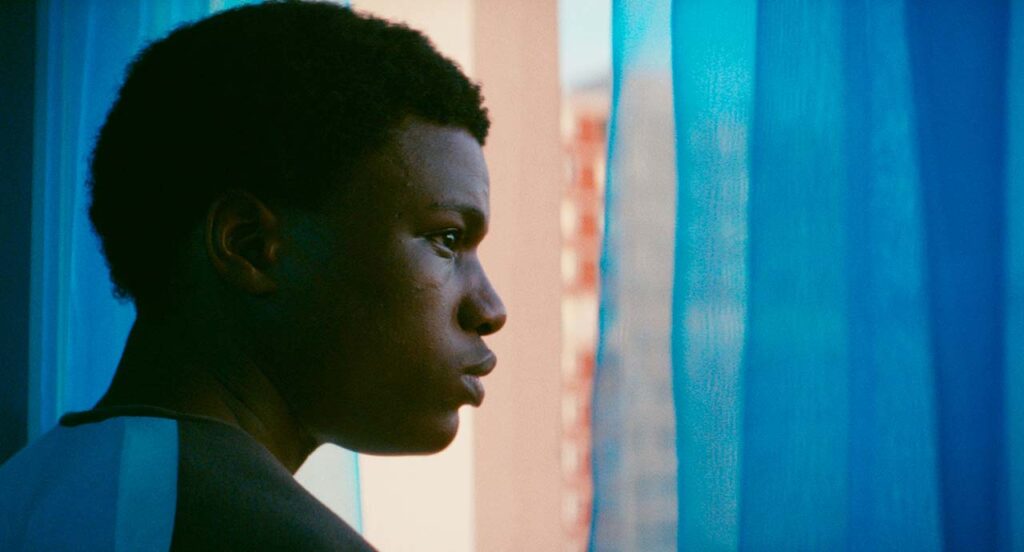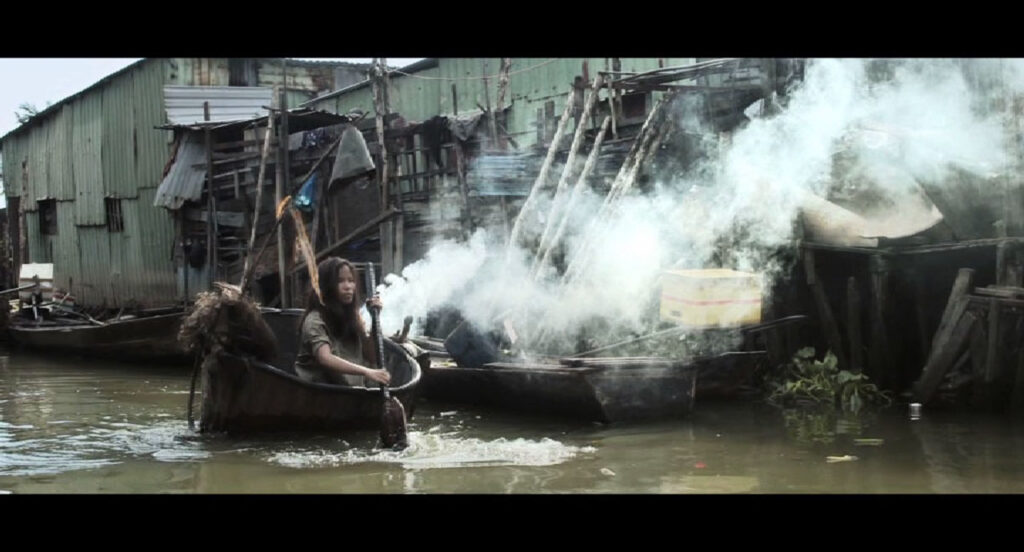You Deserve Better: Doomed Love In SEA Short Films




Thread features a sweet-faced tailor who is enamored with her male client. Being blind, she has no idea what he looks like. Their tailor-client relationship is imbued with a strange intimacy. “Are you smiling?” She asks as her fingers reach out to graze his lips. It is only when she gains her sense of sight that his ulterior motives come to light. Hell hath no fury like a woman scorned because her revenge is total and scathing (and I applaud that). Thread reveals the inner steel of a protagonist who at first had a shadow lurking over her, and thought that Mr. Right was the way to solve her loneliness. Light and shadow play a huge role in this film, lending itself well to the ongoing metaphor of every person in the film having a hidden, dark side.
The pulsing melodrama, June In Pieces, follows in the vein of loving the wrong people. Cloaked in black-and-white, a voiceover summarizes the male protagonist’s love life: “It’s been six months since I last saw June.” June In Pieces refers figuratively to the pieces of June the protagonist sees in every woman (which makes him sob over his beer). His downfall is a femme fatale decked out in t-shirt and shorts, armed with a disarming smile and a nefarious plan. The protagonist, who in all honesty seems like quite the SNAG (sensitive new age guy), minus points for chain smoking, certainly deserves better. Perhaps love is like a bouquet of flowers with a hammer hidden within; pretty and dangerous all at once. Every relationship is packaged with the threat of potential harm. Memories and wisps of people he used to love haunt the protagonist in June In Pieces, even as he makes the choice to start over again.
Tension is sparked in the rocky relationship of the couple in Soulik with three words uttered by the woman: “I’m getting married.” The subtext: To someone else. The sub-subtext: Please do something about this. Met with silence, Typhoon Soulik finds its match in the woman who is determined to get a rise out of the man. She throws things down; he picks them up, silently. She tears the sentimental stuffing of their relationship; patiently he fixes them, silently. The long takes in this film brim with heartbreak and hope in equal measure, and waiting, and waiting. And silence. The next morning is a burst of color and the waves breaking on the shore may signal the beginning of healing their relationship, but the film makes no promises. Instead, it offers an uneasy ‘happy for now’.
In the murky backwater of Scent (Mui), nothing grows except rust. It is almost funereal: dead animals, silent onlookers and the hum of television static. The dystopian feel of the film contrasts the emotional bond formed between two women. Their mutual understanding of pain allows real warmth to intrude in an otherwise cold, metal world. Scent is an apt title for the transient nature of their relationship, the tendrils of desire barely grasped and understood before a disappearance leads to its abrupt halt. The lingering ‘what if’ at the end of the film is aggravating, yet fitting for an environment that encourages a sense of aimless drifting, and of staying afloat just enough to survive. Theirs is a doomed love not because they are incompatible, but because they dared to find love in a hopeless place.
What can I learn from these films? That love does not begin and end on a rehearsed and pitch perfect note. That daring to love is itself a brave and selfless act. That we all deserve better, but the choices are hard to make. Besides, romantic love is between two people but heartbreak unites everyone. And that makes for a captivating story.


